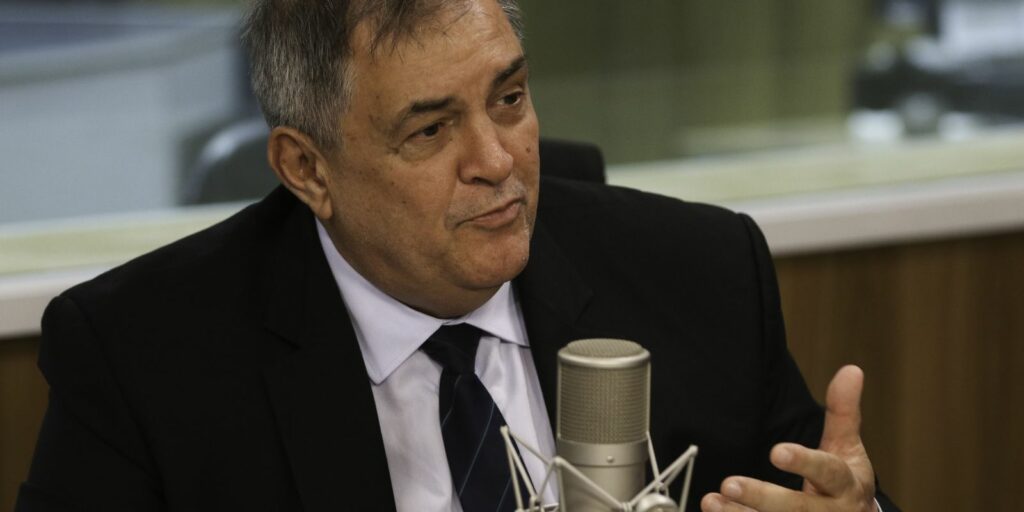The Minister of Health, Ximena Aguilera, said that the current private health model is running out, so it has become imperative to move towards a public social health insurance, which would turn the Isapres into “second-tier insurance.”
Given these statements, the deputy of the National Renewal (RN) and member of the Health Commission, Andrés Celis, said that the minister was “extremely academic and theoretical in her explanation.”
“That definition that she gives, I would like to see how it is put into practice, why don’t we ask people where they would like to allocate their 7%, we could be in for several surprises,” said the RN deputy.
You may also like:
In that sense, he added that “today’s problem is that if you end the Isapres system or the private health system, what you are going to do is collapse the public health system, which today is already collapsed. And With what is being done today, I have no doubt that the system will not bear that burden, especially due to the increase in the number of migrants in the country.
He also mentioned that people who have resources will never have problems financing private insurance and that, when thinking of a single health system, a good diagnosis of the shortcomings of the current public system is not being made.
“Here people who have a good salary, they don’t care, they already have insurance and there are many of them who don’t even have Isapre. With insurance they finance themselves if they have a health problem. The problem is the people middle class. I think there is no good diagnosis of how emergency rooms and hospitals work today. We are building hospitals that are spectacular, but we do not have specialists and I do not see any proposal in this regard,” he added.
Along the same lines, the UDI deputy and also a member of the Health Commission, Daniel Lilayu, pointed out the need to strengthen a mixed system. “Eliminating the Isapres from the equation is leaving 3,300,000 beneficiaries of the Isapre system adrift and handing them over to the fate of a system that is already collapsed,” said the UDI deputy.
“It must be emphasized that the Isapres have always expressed their intention to reform the health system. There is a consensus on that from the private system. The same as there is a universal health plan, which is very different from a single health system , which is what probably underlies the intention of this government,” he said.
In this sense, Lilayu stressed that “public-private collaboration has already shown, especially during the health crisis caused by the pandemic, that it can be a reality to have a robust system that ensures medical care for anyone who needs it, beyond the ability to pay or access. We need to advance in a health reform that gives space to this collaboration, and this is clearly possible and should be so, “he said.
And in this regard, he stated: “Health systems like the English one have shown that health centers end up outsourcing solutions to private ones because the public system cannot absorb all the demand. In fact, the minister and her secretaries in the Chamber told us that public-private collaboration is essential and it is currently impossible for the GES waiting lists to end without private provision,” he said.


















